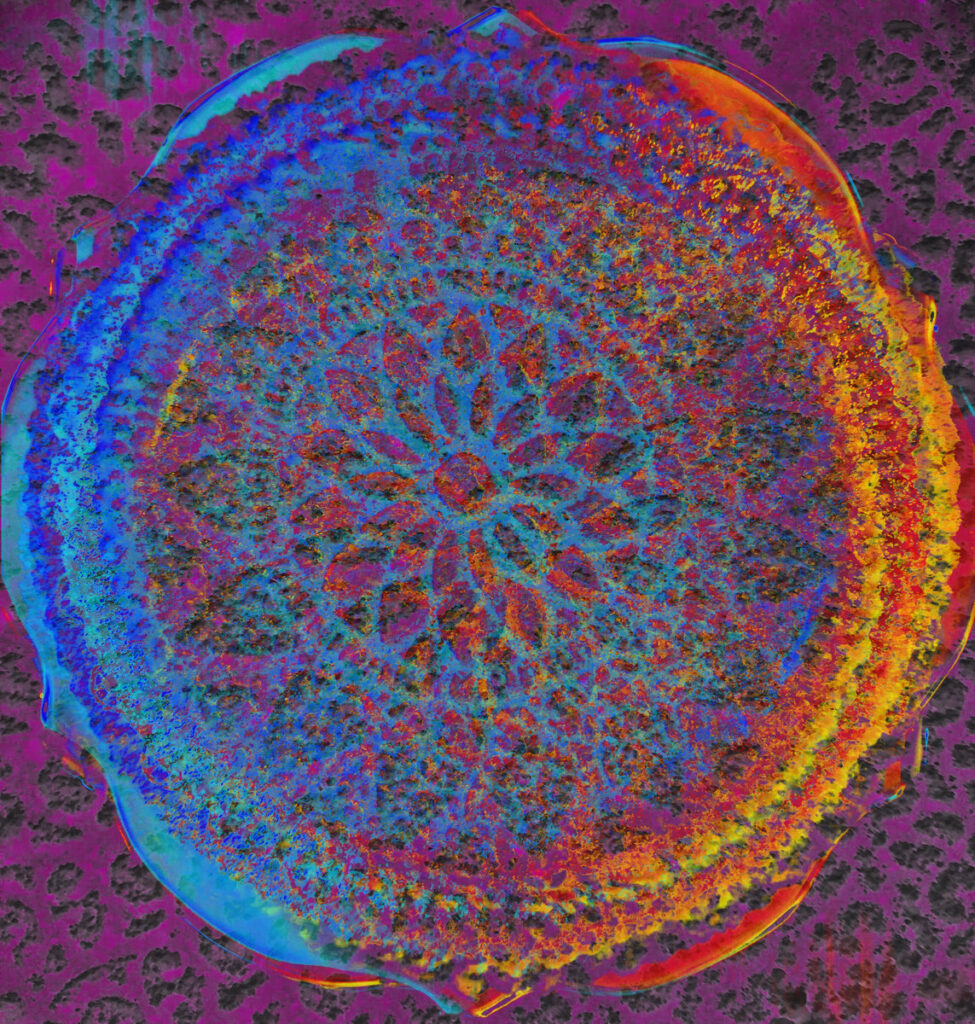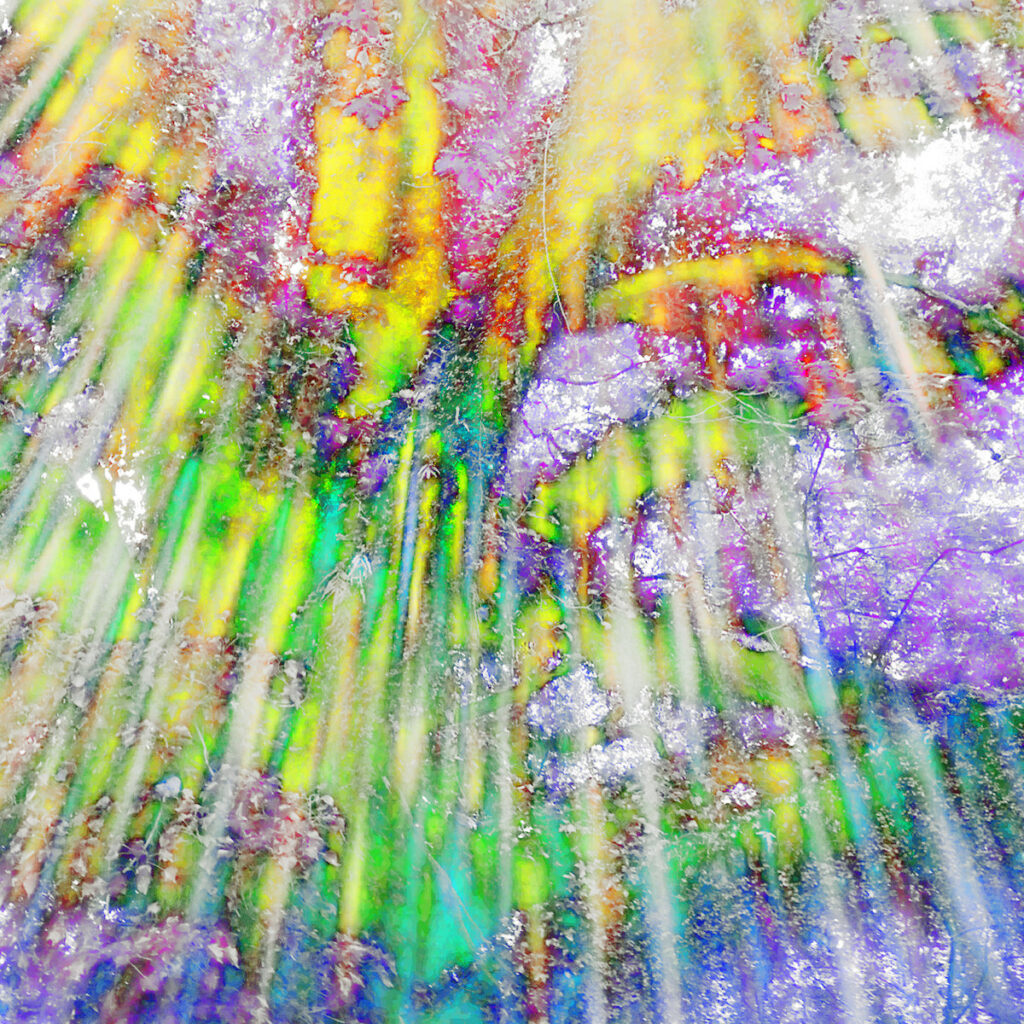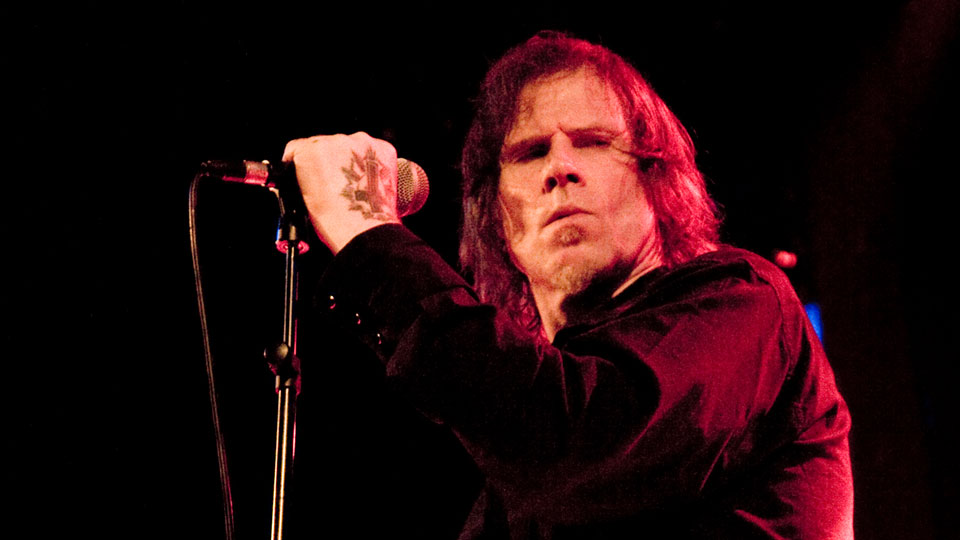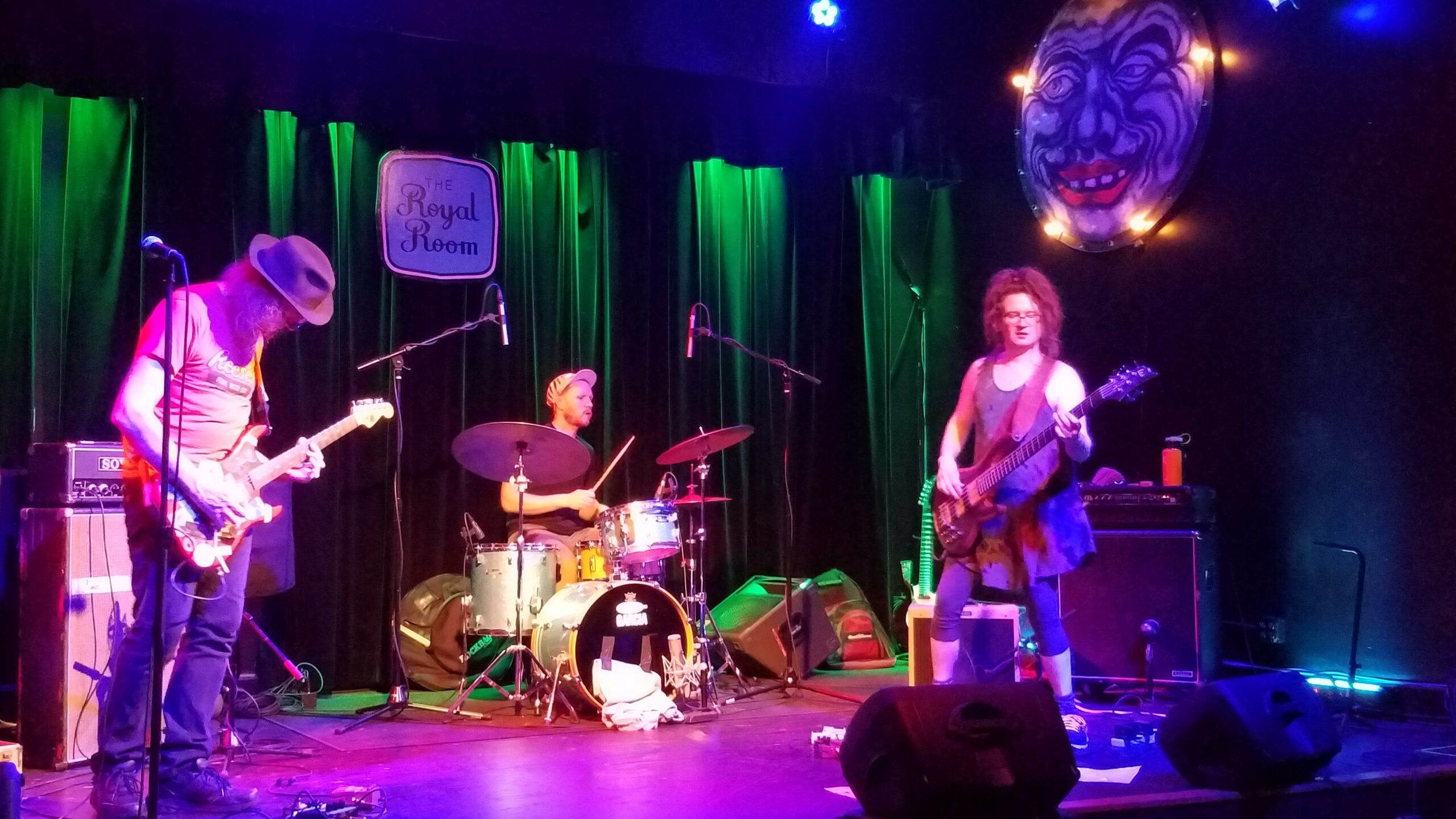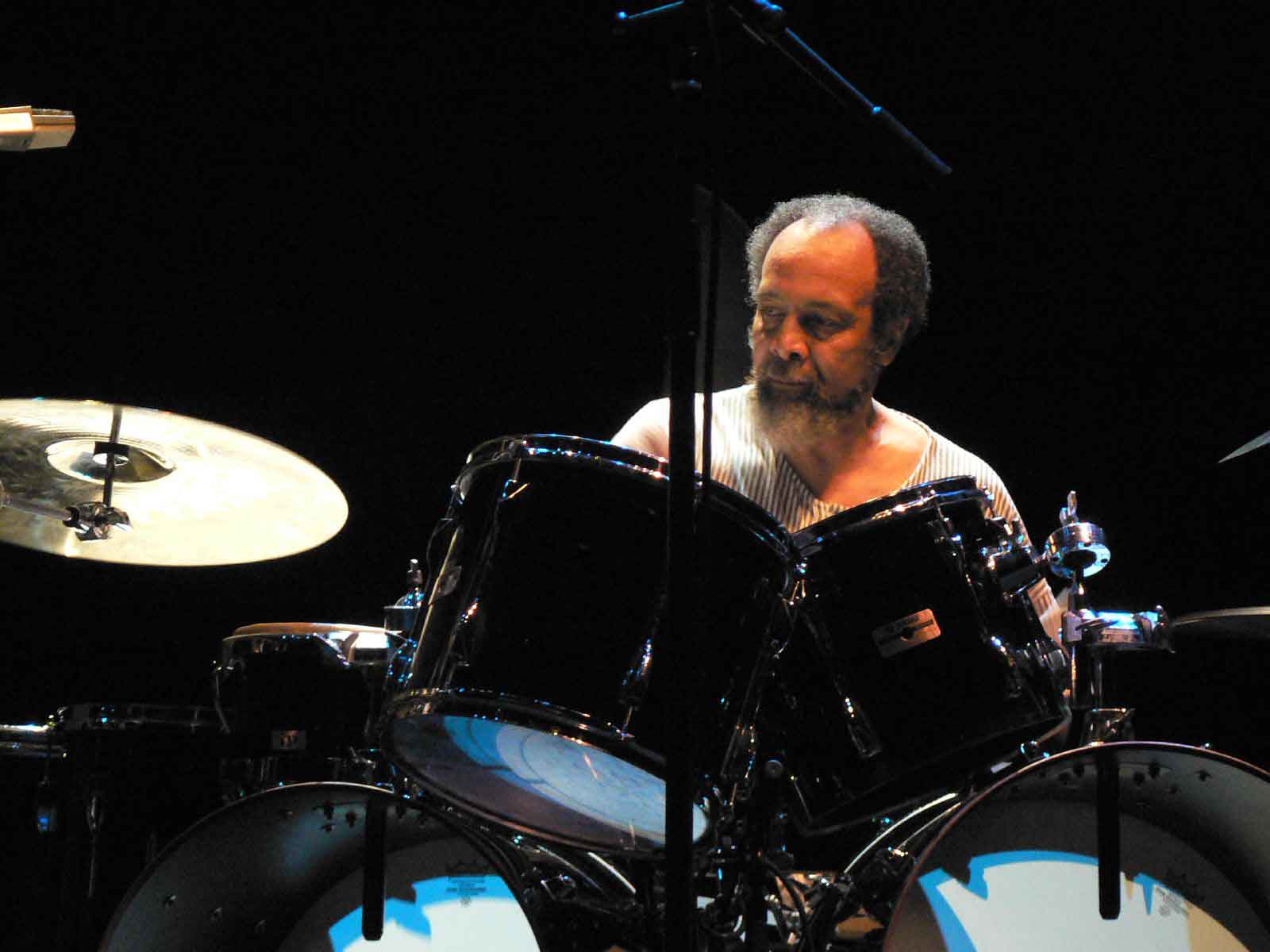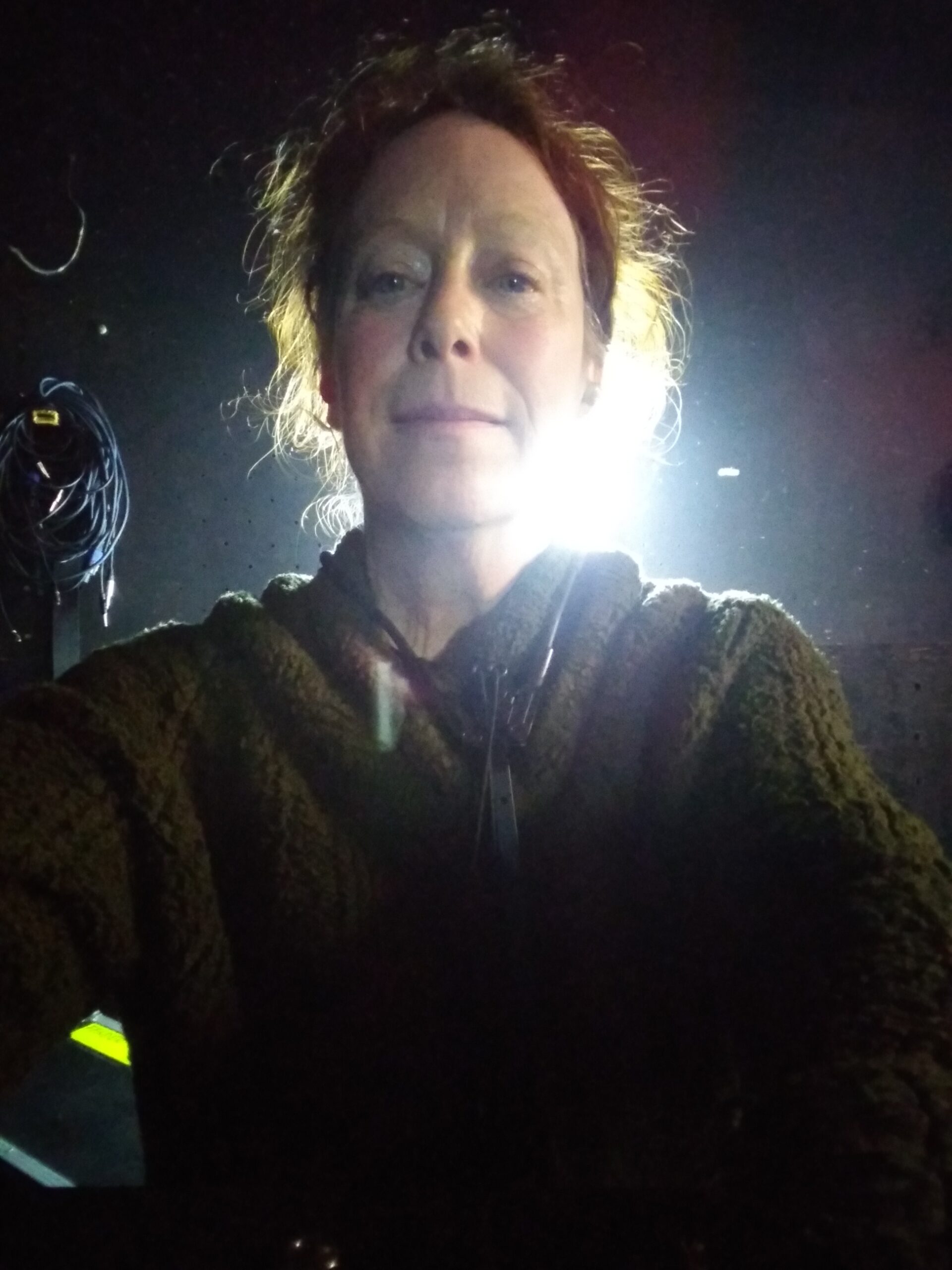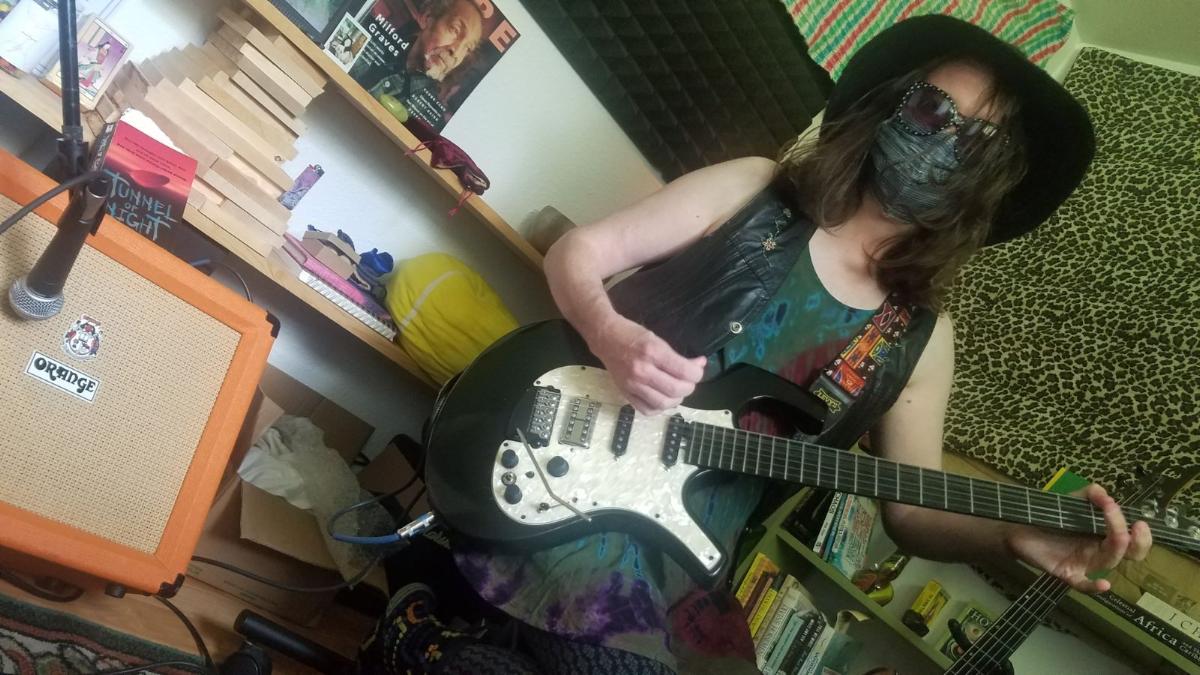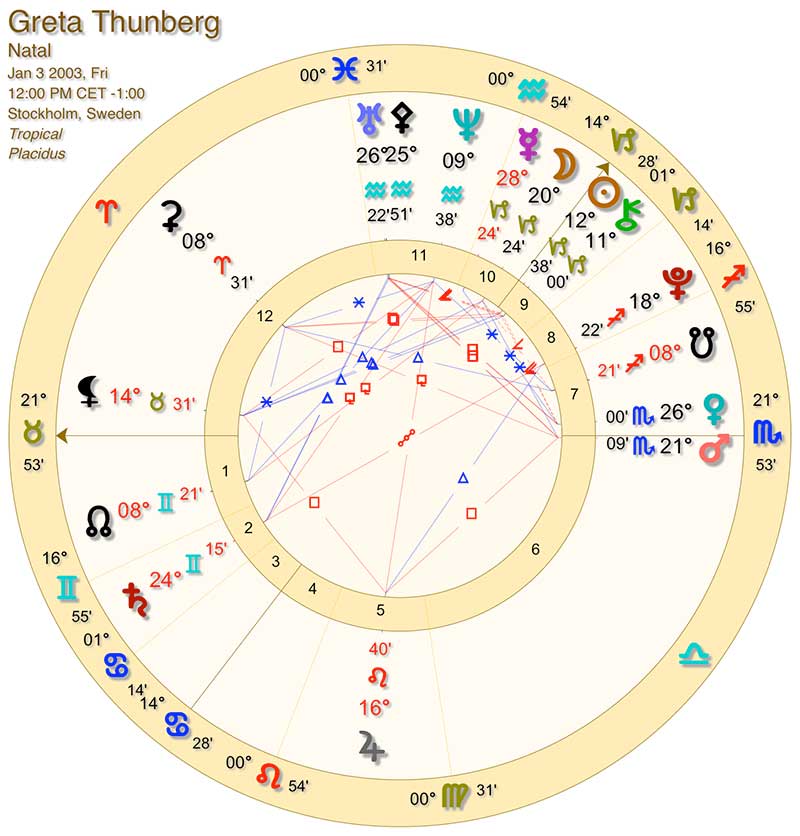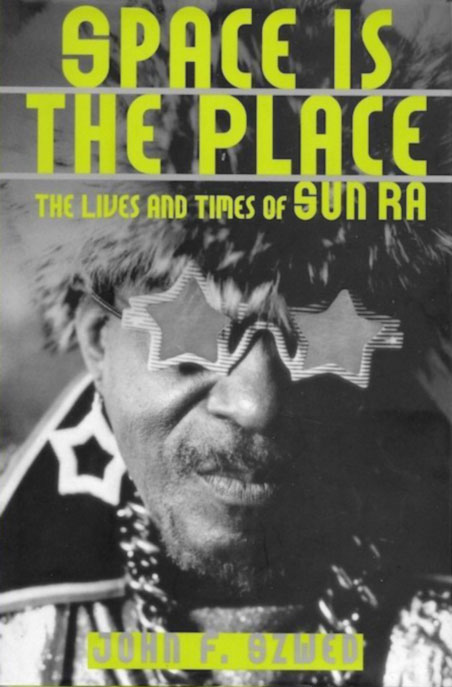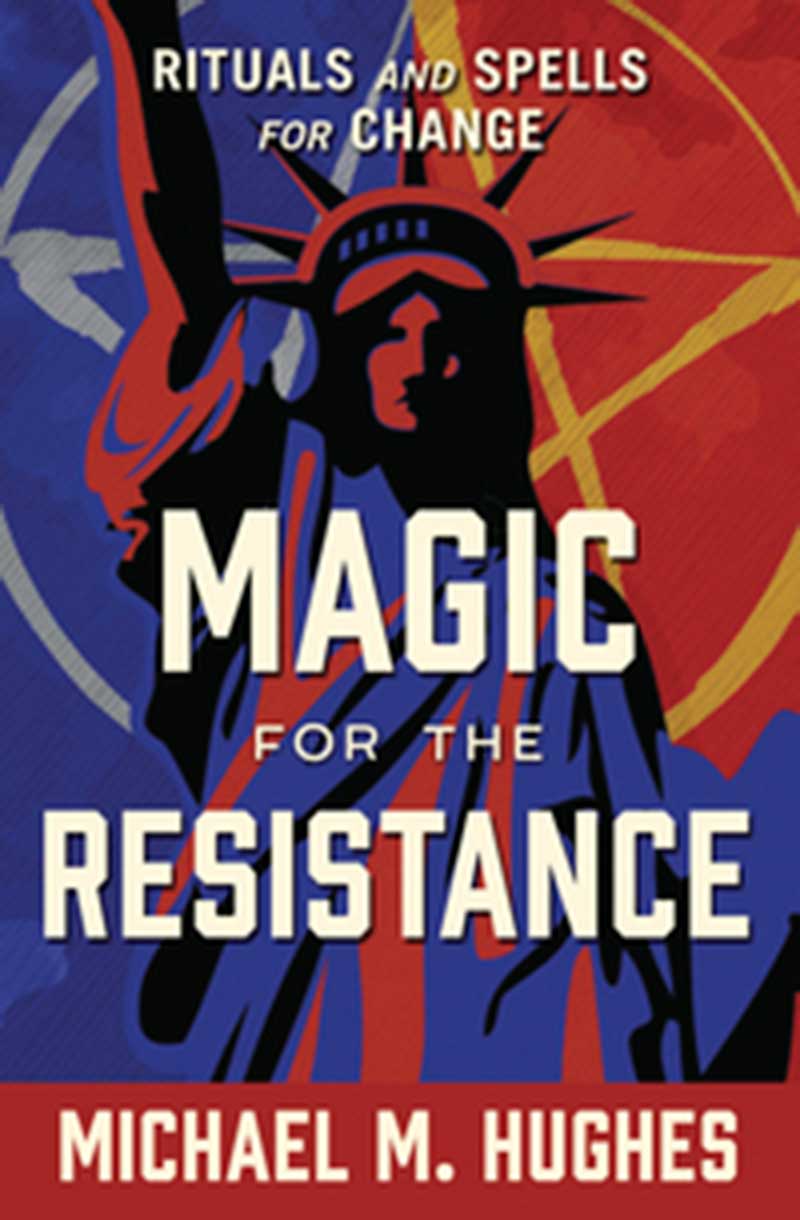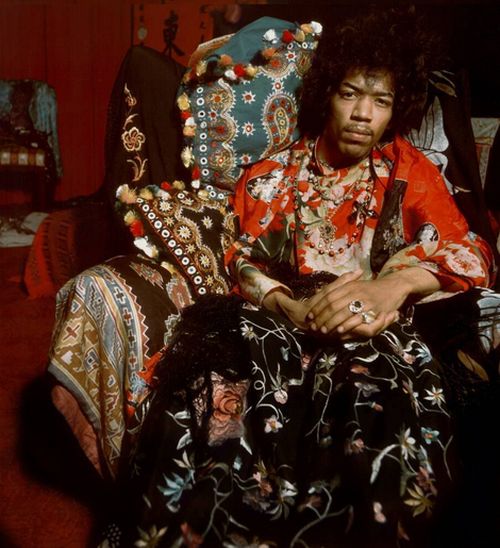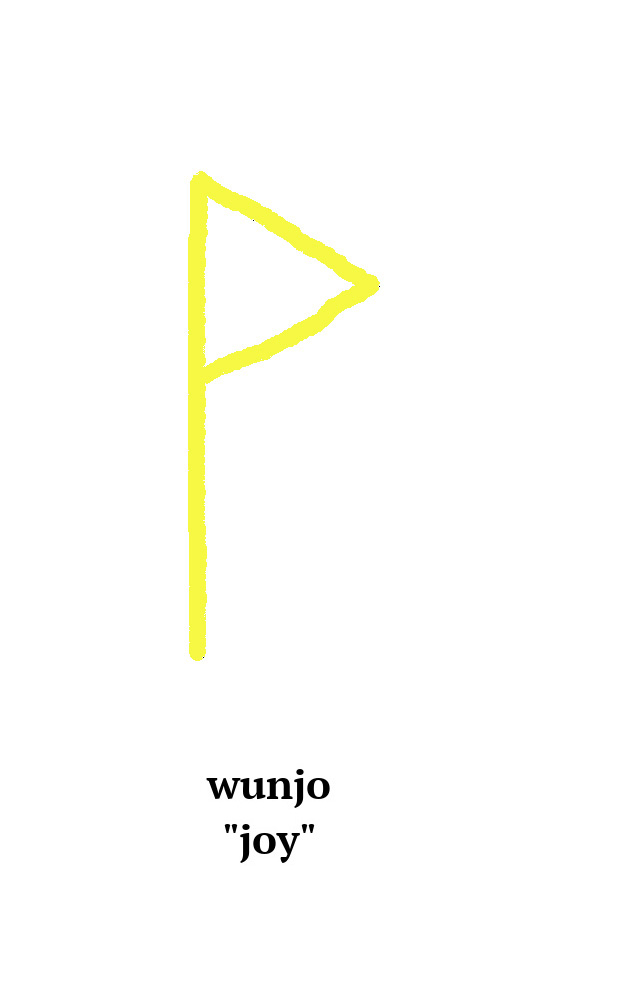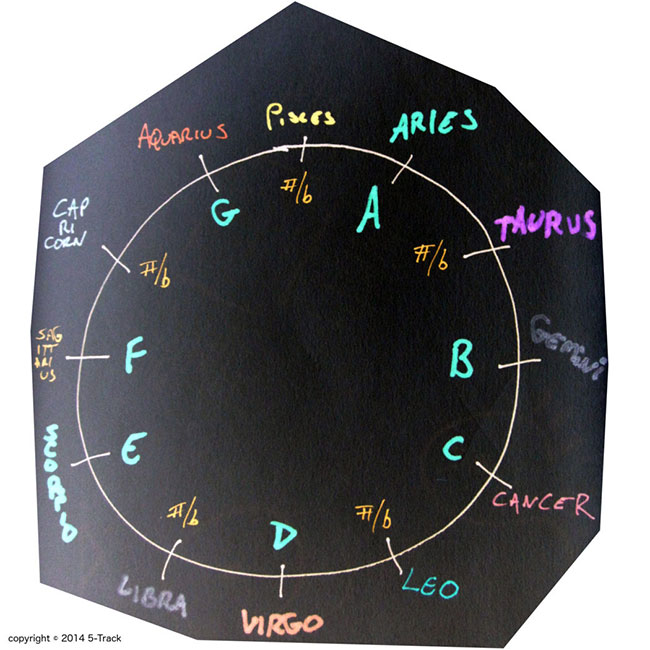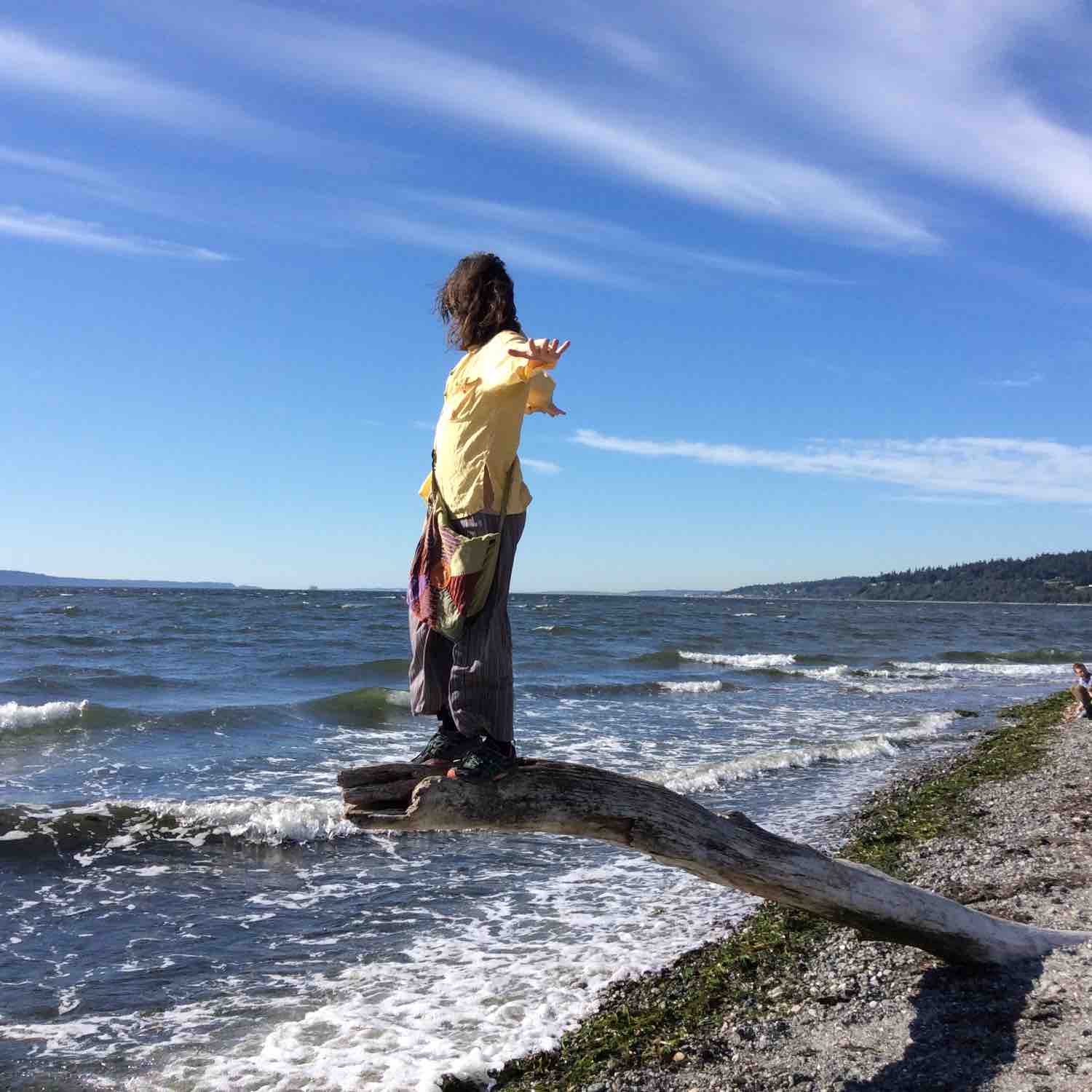So—time to ditch any semblance of objectivity & talk for a minute or three about a band I’m in. We’re called “Beyond Captain Orca!” (Zinnia named us & she says the exclamation point matters.)
BCO! is defined by two main points.
One is the personnel: Jack Endino on lead guitar, Patrick Lenon on lead drums, & myself on lead bass. There has been one single occasion where Sheridan Riley took over on drums for the middle third of a set which Patrick had begun & then returned to complete (2019-10-29, Tim’s Tavern). Otherwise there are no exceptions to this rule.
Of the three of us, Jack has the biggest public footprint. He is best known as the producer/engineer of Nirvana’s debut LP Bleach (1989) along with many other early Sub Pop grunge-era releases (Mudhoney’s first records, Soundgarden’s first EP, records by Tad & The Gits & Mark Lanegan & Green River), & has recorded literally hundreds more records in the intervening years. As a musician, Jack is best known for his work with Skin Yard, though he has played in a startling array of bands & has released several albums under his own name.
Patrick & I have known each other since the early 2000s. Our rhythm section ESP tends to be quite high. For a while we had a band that was just the two of us (The Walking Faces). Patrick is very likely the most facile drummer I have ever played with, or possibly even met. It seems like he can do anything, & what he chooses to do is always a pleasant surprise. Everything he hears seems to turn up as an influence. His solo releases are diverse & groove-oriented, often appearing on cassette. Visitor Volume 2 is usually my current favorite.
If any of the three of us is not involved, it is NOT Beyond Captain Orca! [1]
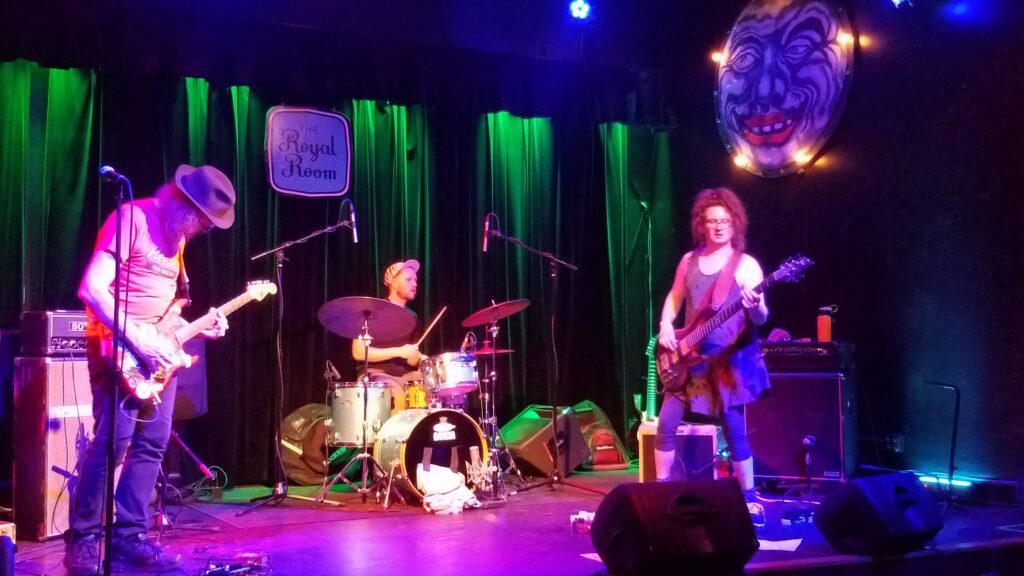
Beyond Captain Orca! livestream performance from Seattle’s Royal Room, summer solstice 2021. L-R Jack Endino, JP Lenon, 5-Track. Photo by zlicious
The second defining aspect of Beyond Captain Orca! is that we improvise, only.
There can be a lot of discussion about what improvisation means in music. Ultimately none of it is definitive, nor need any of it be limiting, but a few commonly cited points & perspectives include:
1) Improvisation is the opposite of composition.
2) There’s no such thing as improvisation, since we only have 12 notes to work with & there are only so many possible combinations.
3) It isn’t improvisation if you plan ahead—at all, ever, no.
4) Improvisation is composition that happens in real time as you play. Composition is improvisation that you write down & play back later. Either way you’re making it up as you go.
5) There’s no such thing as improvisation, but there might as well be, since there as many possible combinations of our 50+ distinct available tones as there are stars in a clear night sky, & then some.
6) This composition consists entirely of improvisation based on a particular set of tones & intervals derived from the song of a hermit thrush.
7) This composition consists of a rabbit gargling beet juice.
9) What is music, anyway?
For Beyond Captain Orca!, the meaning of improvisation flits agitatedly about somewhere between points 3 & 4. We don’t plan ahead as a group, but (very) occasionally we discuss our intentions & once in a while I bring some set of words or numbers to the stage for myself to riff off of. This is not in case I lose inspiration so much as it is a form of spell-casting: the words or numbers (which I then turn into notes) carry some specific energy which I am wishing to project. I have used Shakespeare, & cut-ups of my own writing, & a large number of other things besides—but actually I haven’t done much of this since 2018. It’s been enough to show up & play, tho I have continued to do other kinds of energy work in & around the course of our performances.
(There is a THIRD defining BCO! criteria, actually: We aim to cast a spell. More on this below.)
Beyond Captain Orca! is a rock band, so there can be only a certain amount of pretense to pure originality. Our sonic palette is varied for our instrumentation, but we do limit ourselves almost entirely to electric guitar, electric bass, & drums (guests have included Amy Denio on saxophone, vocalists on several occasions, electric mandolin, & once an electric flute courtesy of Kinski‘s Matthew Reid-Schwartz). Although neither Jack nor I are pushing the boundaries of harmony or tonality as they are commonly understood, both of us do have theories of our own & ideas we like to work with. Patrick is well-versed in European classical music & also in hip-hop & r&b. He & I have both listened closely to jazz, “free jazz”, reggae, & various musics from around the world. Jack has a solid understanding of prog. All of us know our classic rock (tho our individual opinions on specific bands vary widely) & classic funk & R&B, & we each have our individual quirks & pet obsessions.
In addition, we span a wide age range. I am roughly 12 years older than Patrick. Jack is older than me than that—he emerged from the center of a dying star at some point in the distant past & that is all there is to be said about the matter. (Except that Patrick & I grew up listening to records Jack produced). So our perspectives on what music is, how it works, what it ought to sound like, its roles in our lives, & the meaning of particular musicians across time, are shaded further still by generational bias—or by which side of the recording desk we were on during various eras.
All of this taste & experience comes with us to the stage.
Some would say that for our music to be true improvisation we would have to check our baggage at the door & begin from whole cloth whenever we play—possibly ditching instruments entirely & working only with whatever sound-generating materials we are able to readily locate as the show begins. A broom, a napkin, or perhaps a guitar stand—this, too, can be music.
But for me, our experiences & understandings & predispositions *are* the materials with which we spontaneously create, every bit as much as the notes & rhythms & instruments & sounds.
In practice, what tends to happen when we play, is lengthy psychedelic suites ranging from twelve to forty minutes in length, with the occasional brief burst of punk- or post-rock-inflected noise, just to mix things up. We do have occasional moments of floundering, but happily they mostly come off like The Grateful Dead trying to change songs but unsure from which or into what. In other words, it gets trippy for a minute & then we find something.
Beyond Captain Orca! is very much a process band. Our art is almost completely transparent. We don’t rehearse, or even see each other that much between shows. We document everything we do (with only one exception that I can recall). If we’re looking for an idea, you get to look for it with us & perhaps rejoice with us when we find it. You get to wander with us down that strange wooded path, clearing aside the brush & crashing through the muddy patches & spooking the occasional Wyld Animal (even if it is just a marmot) & eventually exulting in the sunset as seen from the snowy summit.
& also we can be very good to dance to. Another thing that some folks would say should not be among an improviser’s concerns. But fuck it, we *do* want you to have a good time!
We have managed to record & release every show we have ever played—the sole exception is a brief set opening for MKB ULTRA at Seattle’s Woodland Theater. BCO! was not expecting to play, but all three of us were *in* MKB ULTRA at the time… It happened quite naturally, & no one had a recording device at the ready. Otherwise, we have cotched them all.
Our earliest shows were recorded to mini-disc through a tiny stereo microphone which cost me roughly three dollars. They are listenable (thanks mostly to Jack’s skill in placing the mic & later in mastering the result). We didn’t know yet if what we were going to do would be fun, interesting, or enjoyable. But we did want to hear it back, & we liked what we heard.
(In case it wasn’t obvious, everyone in the band is a recording geek as well as a musician.)
Gradually we expanded our self-recording system to include multiple stereo mini-recorders scattered strategically about the stage. On a few fortunate occasions, we have played venues like The Royal Room or The High Dive which hand us a multi-track ProTools session at the end of the night (usually for a nominal fee but ya know, for this band it’s worth it). & for our two month-long residencies of weekly shows at Tim’s Tavern, Jack brought out a portable studio of sorts & recorded us himself in digital multi-track. By the ninth & last of our Tim’s Residency shows, he had the sound very well dialed in—although packed shows in tiny venues make for their own sort of chaos & that can have an affect on the sonic outcome. (We have indicated on our bandcamp page which shows are recorded in Hi-Res, for those of you who are sensitive to such things.)
In every case, regardless of how we recorded the event, Jack has taken the results home & done the mixing & mastering himself. This would be a luxury for any band, but especially one like ours which is solely devoted to the spontaneous moment. Improvised music does not typically receive the sustained close attention of a highly-skilled rock engineer—not least because there is typically no budget for it.
There *is* an audience. We have proved that.
In April 2018 we picked up a last minute show opening for Uriah Heep, perhaps best known for their mid-70s hit “Stealin’ (When I Shoulda Been Buyin)”.
No one knew who we were. Very few people even knew we were going to be there, though our name did appear in the final round of last minute advertising. Ten or twenty of our friends came to see us, but the other 200 heads in the room had no reason to care who we were or what we did. Most of them looked to be in their late 60s or early 70s. There was much tie-dye & many long grey beards.
BCO! belongs, at the very least, to the next generation of Rock Music from the one represented at the Heep show. Our iteration of rockers digs The Ramones at least as much as The Rolling Stones & has spent two long decades dancing our heads through the entire history of music laid out before our web-literate fingertips—so it was unclear at first blush how well we’d go over. Especially since our music not only lacks vocals, it also lacks structure of any kind (or pre-planned structure, anyway; arguably, all improvised music finds its own structure as it transpires, tho this may be more or less intentional & it may only become visible after the fact).
But you know what? They loved us. It took a few minutes, but the whole crowd got moving. They shouted & danced & the energy was very strong—enough so that the music could dance to them every bit as much as they were dancing to us. Afterwards a few listeners took us aside to tell us which of our ‘songs’ had been their favorite (none of them knew we were improvising, so they assumed they were hearing compositions, possibly in the tradition of Pink Floyd or Can).
We had a guest guitarist that night, Pablo Giadach from Chile’s excellent psych band, The Ganjas. Back then we sometimes had trouble sustaining momentum as a trio. Pablo’s presence helped to keep the music rolling & served as inspiration going forward—the energy of this show helped me define what to aim for as a bassist in future to keep the group’s energy up & moving.
That show got us a write-up in The Stranger—Seattle’s Only Newspaper—by the highly perspicacious Dave Segal. Segal’s article focusses on our similarities with German bands such as Can & Ash Ra Tempel. These are not major influences for Beyond Captain Orca!, but there *is* a lot of common ground between what we do & the records some of those groups released. Jack & I are aware of their music, but I am quite certain that none of us were consciously trying to emulate (with the sole exception of this occasion, when we were invited to ‘cover’ or interpret the music of Ash Ra Tempel). The similarities likely have to do with shared aesthetic & artistic values & common influences, which inevitably are represented in the music.
Ultimately we chose to release the Heep show, paired with a recording from The High Dive, on our first (only to date) compact disc.
Are you keeping track of all this? Is your scorecard getting full? Don’t feel bad. If I am counting correctly, Beyond Captain Orca! has THIRTY-ONE releases as of this writing. That is a LOT of music, & I will stand by all of it—though our earlier shows only make so much sense out of context.
It might be best to treat our music like issues of a comic book, or episodes of a reality show. You don’t have to start at the beginning—you can tune in somewhere in the middle, perhaps somewhere in season two or three, or at the end of volume four. What shenanigans were we up to in mid-2019?
Work your way back bit by bit to figure out what’s happening & decode the inside jokes. In the first few installments you meet the players as we get to know each other. There’s an accident with some exciting new technology, just as we emerge from a spaceship powered by ancient crystals from far beneath an interplanetary sea. Like early Bloom County or Pogo, we don’t exactly resemble our mature selves just yet.
As time passes, we spread our wings & learn to fly as one. Crossover guest stars come & go. Eventually, a comfortable rhythm is attained.
Later still, we bust out of that rhythm & find exciting new plateaus to explore (do I mix my metaphors? alright then—I mix my metaphors). New venues & situations provoke new approaches, as do our ever-evolving personalities & interests. We manage to astonish ourselves at least once per show, & in the best moments the audience is astonished with us.
Our prime directive has always been: “To cast a spell.” This is one of the first things Jack intoned when he summoned Beyond Captain Orca! into existence. The three of us should have a band that does nothing but improvise. But it shouldn’t be a pointless bunch of aimless technical jamming. We must aim to cast a spell.
J. R. R. Tolkien’s essay “On Fairy Stories” was one touchstone for what this phrase might mean (tho truly I think we all understood the idea right away). Through our music, our audience should enter, or touch, or at the very least glimpse another world, & they should come away from the experience changed for the better. Our show at The High Dive opening for Mdou Moctar [2] (the other show that ended up on the CD) was so effective in this that multiple strangers approached us afterward to tell us they could feel the ‘good energy’ pouring off the stage, directly to them, through our music.
Mission. Fucking. Accomplished.
(At that time I was experimenting with projecting reiki through music. Jack is a natural, though unofficial, reiki master, & Patrick is always in a conducive zone. Between our focused intentions it was enough to make things happen.)
It has, very occasionally, been tempting to go back & “learn” some of the more song-like moments from our thirty-one-&-counting live releases. There are plenty to choose from. Another option would be to edit the existing recordings into something resembling pop song structure—an approach that has been used to good effect by The Beastie Boys & Red Hot Chili Peppers (cough cough Rick Rubin) among others.
But ya know—ultimately, that just doesn’t sound like any fun at all. It sounds like work. (Though if someone else wanted to create songs out of our many jams—or otherwise sculpt some sort of remix—or learn one of our shows from beginning to end & rehearse it & present it themselves in live performance—I would be very curious to hear the results!)
In our discography, you will not hear 605 versions of “Me & My Uncle”. It is debatable whether you will hear ‘songs’ at all—what the hell is a ‘song’, anyway?
You *will* hear a significant number of lengthy drone&ostinato-based highly psychedelicized guitar jams.
But I assure you, the angels are in the details. Each piece has its own shape, its own contour, its own architecture & geography & reason for being. Your kind attention will be rewarded.
[1] If I am on guitar & Jack is on bass, we become Behind Captain Acorn! E-nuff said…
[2] What a damn honor! Jack & I stood at the side of the stage & marveled at Mdou’s shred for the entirety of his lengthy set.
